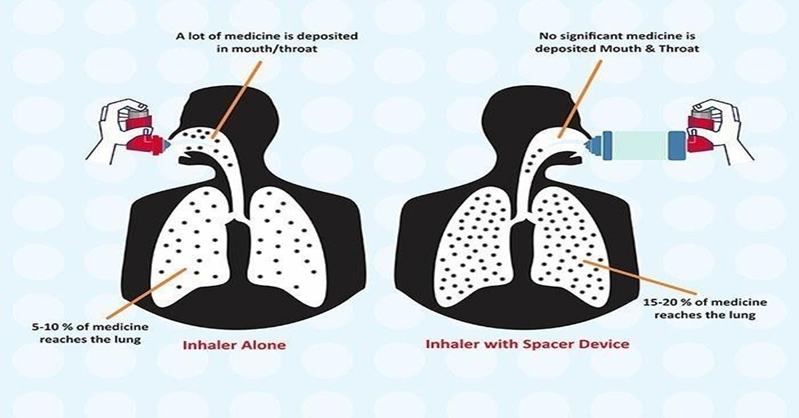A patient is admitted to the hospital with hyperosmolar hyperglycemia. The patient has a BG value of 987 mg/dL. Which is the priority focus while providing care?
Identifying age-related changes
Monitoring BG level
Establishing the presence of an illness
Improving hydration status
The Correct Answer is D
D. The priority focus in the acute management of hyperosmolar hyperglycemia is improving hydration status. Patients with HHS are severely dehydrated due to the osmotic diuresis caused by extremely high blood glucose levels. Rapid rehydration is critical to prevent shock, improve organ perfusion, and reduce blood glucose levels.
A. It's important to consider age-related changes in any patient but this is not the immediate priority in the acute management of hyperosmolar hyperglycemia. The primary concern is addressing the acute, life-threatening aspects of the condition.
B. Monitoring blood glucose levels is critical in managing hyperosmolar hyperglycemia. However, while it is essential to track the BG levels to guide insulin therapy and assess the response to treatment, it is not the immediate priority in terms of interventions needed to stabilize the patient initially.
C. Determining the underlying cause of hyperosmolar hyperglycemia, such as an infection or other illness, is important for comprehensive treatment. However, it is a secondary priority to stabilizing the patient’s current acute condition.
Nursing Test Bank
Naxlex Comprehensive Predictor Exams
Related Questions
Correct Answer is C
Explanation
C. The spacer helps to deliver more medication to the lungs by holding the medication in the chamber, allowing the patient to inhale it more slowly and deeply. This results in better deposition of the medication in the lower airways and reduces the amount of medication that is deposited in the mouth and throat.
A. The primary purpose of the spacer is to increase the amount of medication that reaches the lungs and to reduce the amount deposited in the oropharynx (throat). The spacer helps to ensure that more medication is delivered directly to the airways where it is needed, thereby enhancing the effectiveness of the treatment and reducing side effects.
B. The exhalation slots or vents on a spacer are designed to allow the patient to exhale easily without removing the device from the mouth. The lips should form a tight seal around the mouthpiece of the spacer to ensure effective inhalation, but the exhalation slots should not be intentionally covered.
D. When using a spacer with an MDI, the patient should inhale slowly and deeply. Rapid inhalation can cause the medication to be deposited in the upper airways rather than reaching the lungs. A slow and deep inhalation allows for better medication delivery to the lower airways.

Correct Answer is D
Explanation
D. Obesity and weight loss are more directly linked to type 2 diabetes but they are not primary factors in the management of type 1 diabetes. Type 1 diabetes is characterized by the autoimmune destruction of beta cells, leading to an absolute deficiency of insulin. Weight loss can improve insulin sensitivity, which might be relevant for type 2 diabetes or insulin resistance, but type 1 diabetes patients will always require exogenous insulin regardless of weight changes.
A. Patients with type 1 diabetes are at risk for diabetic ketoacidosis (DKA), a serious condition caused by high blood glucose levels and ketone buildup due to insufficient insulin. Monitoring blood glucose levels is crucial in preventing DKA.
B. Type 1 diabetes is an autoimmune disease where the immune system attacks the insulin- producing beta cells in the pancreas. A viral infection can sometimes trigger this autoimmune response in genetically susceptible individuals.
C. There is a genetic component to type 1 diabetes, and having a family history of the disease can increase the risk, although environmental factors also play a role.
Whether you are a student looking to ace your exams or a practicing nurse seeking to enhance your expertise , our nursing education contents will empower you with the confidence and competence to make a difference in the lives of patients and become a respected leader in the healthcare field.
Visit Naxlex, invest in your future and unlock endless possibilities with our unparalleled nursing education contents today
Report Wrong Answer on the Current Question
Do you disagree with the answer? If yes, what is your expected answer? Explain.
Kindly be descriptive with the issue you are facing.
